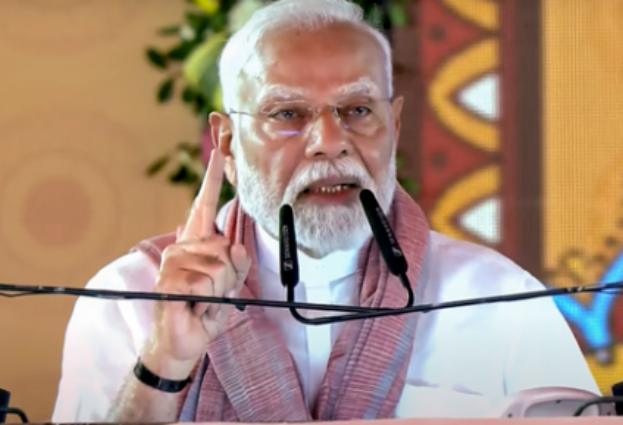In a major diplomatic development, India has formally notified Pakistan of its decision to place the Indus Water Treaty (IWT) of 1960 in abeyance, citing escalating concerns about Pakistan’s continued sponsorship of cross-border terrorism. This significant move, communicated through a letter dated April 24, 2025, from India’s Ministry of Jal Shakti, marks a turning point in bilateral relations between the two nations.
The letter, signed by Debashree Mukherjee, Secretary of Water Resources, states that India can no longer engage in treaty-based cooperation with a country responsible for facilitating terrorism, especially in the Union Territory of Jammu & Kashmir. The decision underscores India’s growing impatience over Pakistan’s inaction against terror outfits operating from its soil.
Why India Is Halting the Treaty
According to the communication, India cited multiple reasons behind the move to suspend the treaty:
- Demographic and environmental shifts: Since the treaty was signed in 1960, major changes in population, water needs, and climate patterns have occurred, demanding a reassessment of the treaty’s terms.
- Terrorism as a breach of good faith: India emphasised that the continuation of cross-border terrorism by Pakistan violates the “obligation to honour a treaty in good faith.” It pointed out that terrorism directly hinders India’s right to utilize its share of river waters fully.
- Lack of cooperation from Pakistan: Despite several requests, Pakistan has failed to engage in meaningful dialogue, violating both the spirit and letter of the treaty.
India’s stance reflects a broader strategy of revisiting long-standing agreements where national security is at risk. The Indus Water Treaty, brokered by the World Bank in 1960, has often been hailed as a model for water-sharing cooperation—even during wartime. However, this suspension signals a dramatic shift in policy.
What This Means Going Forward
The government has stated that the treaty will remain suspended until further reassessment, essentially putting all water-sharing commitments on hold. Analysts believe this could pressure Pakistan diplomatically and strategically, especially as water scarcity becomes an increasing issue in South Asia. India’s move to leverage water diplomacy reflects a deeper recalibration of its foreign policy, where terror links can no longer coexist with treaty-based cooperation. While this decision may escalate tensions, it sends a strong message that terrorism and trust cannot go hand in hand.
